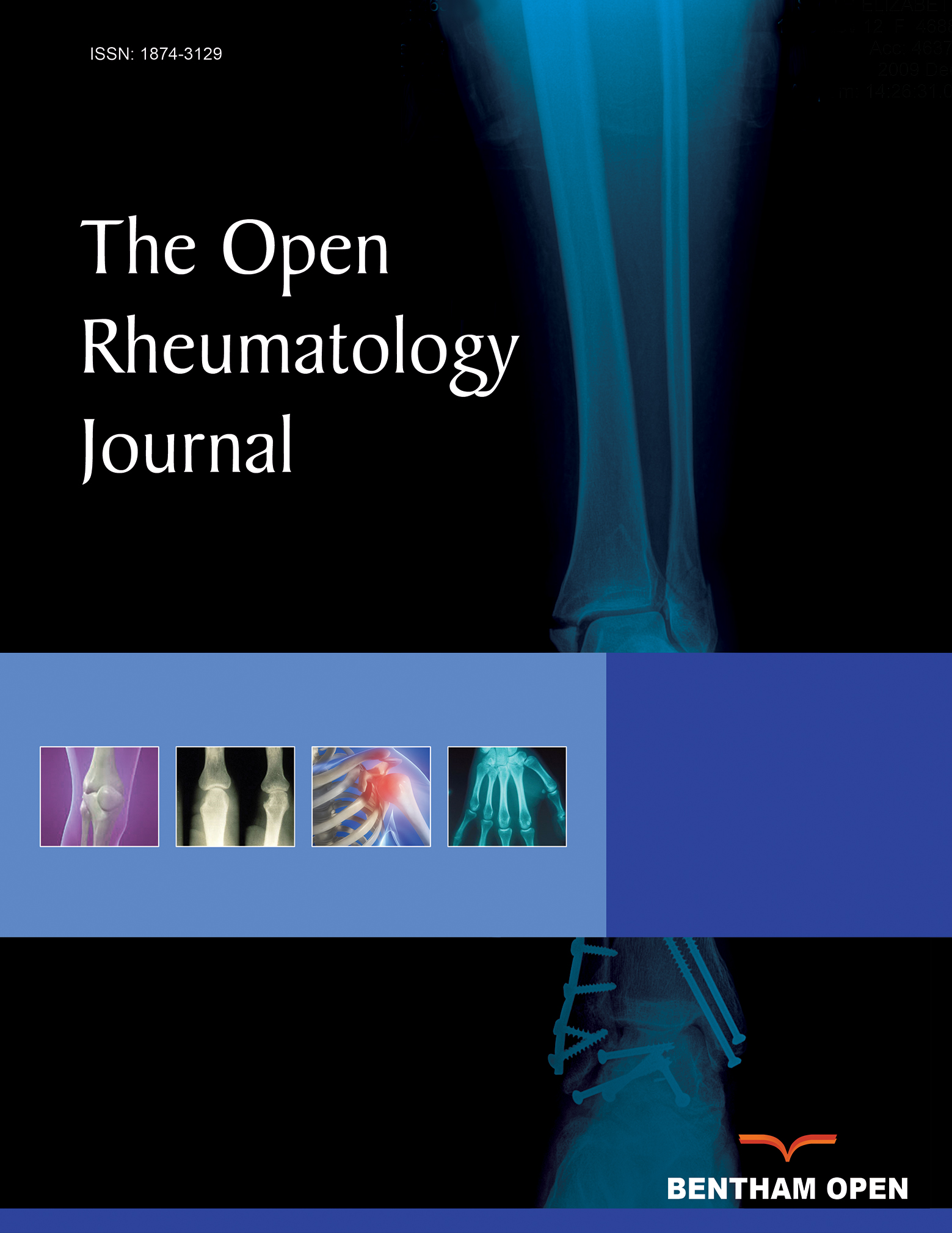All published articles of this journal are available on ScienceDirect.
Anti-Tumor Necrosis Factor-α Induced Systemic Lupus Erythematosus§
Abstract
Anti-tumor necrosis factor-alpha induced lupus (ATIL) represents a major diagnostic and therapeutic challenge. Most cases of ATIL are caused by infliximab, followed by etanercept and adalimumab. Symptoms can range from common, mild cutaneous lesions to rare, serious pleural or pericardial effusions, deep venous thrombosis, life-threatening pneumonitis, and neuritis. Constitutional symptoms often present in association with positive autoantibody serology. Diagnosis can be considered if there is a temporal relationship between symptoms and anti-tumor necrosis factor-α (TNF- α) therapy and at least one serologic and one non-serologic American College of Rheumatology criteria. Since it is contraindicated to use anti-TNF-α drugs in patients with systemic lupus erythematosus, it is recommended to perform a thorough immunological screening in any patient with polyarthritis to assure accurate diagnosis. In addition, prior to anti- TNF therapy, baseline immunological investigations (including antinuclear antibodies) should be performed, and there should be close follow up to assess the development of lupus manifestations. The main approach in the treatment of ATIL is withdrawal of the offending drug. Traditional therapy with corticosteroids and immunosuppressive agents may be required to achieve full resolution of lupus symptoms. In this review, we discuss the pathogenesis, clinical manifestations, and management of ATIL.


